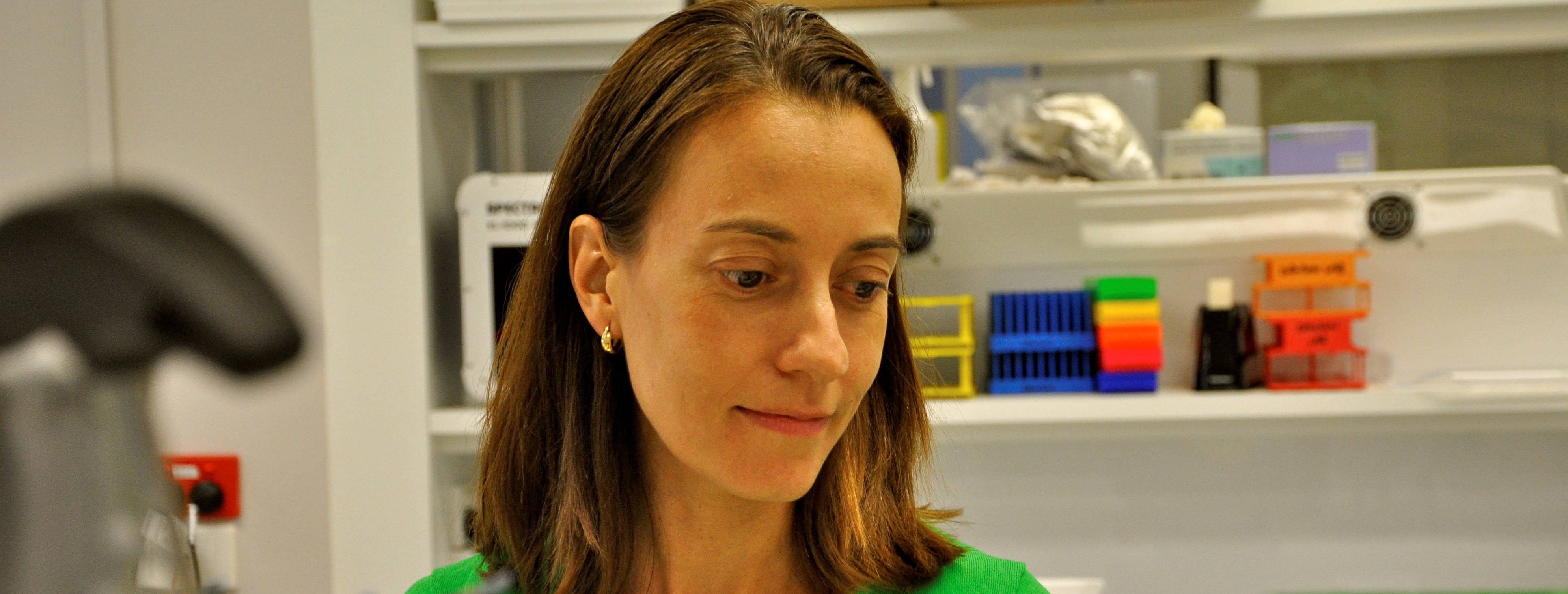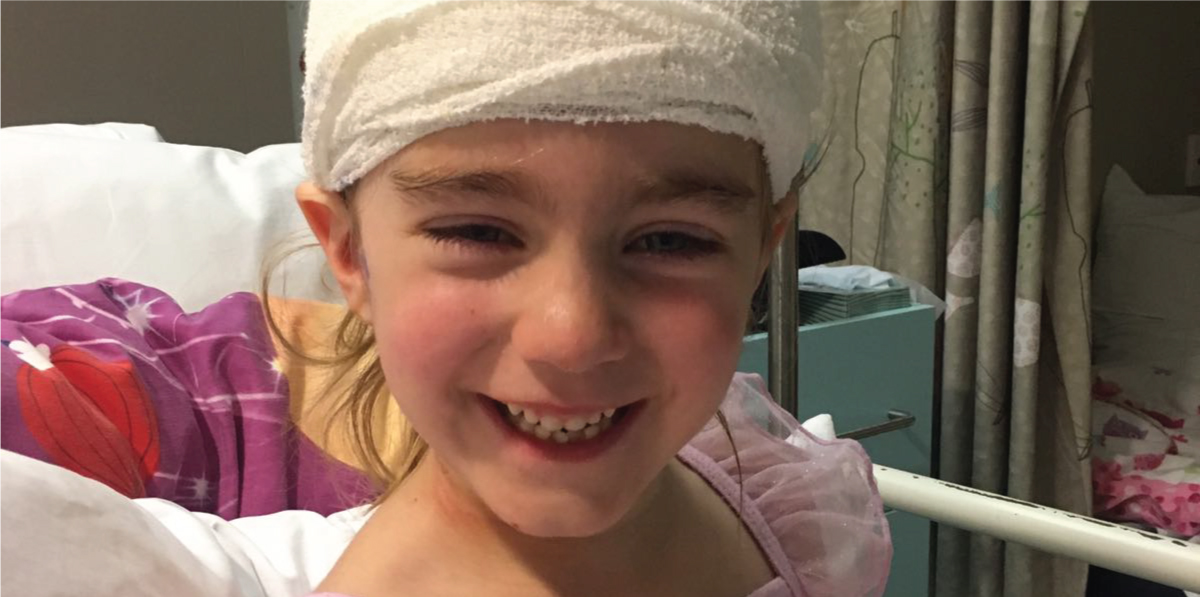Strategies for monitoring breast cancer may be written in blood
05 November 2015

Blood tests may soon provide more accurate, predictive and less invasive disease monitoring for patients at risk of relapse following standard treatments for breast cancer.
Many breast cancers shed small amounts of DNA into the blood stream – known as circulating tumour DNA (ctDNA). This ctDNA can provide a marker for the likelihood of tumour regrowth (metastasis) in another part of the body at a later stage.
In a case study published in Nature Communications journal overnight, Dr Sarah-Jane Dawson from Peter MacCallum Cancer Centre has demonstrated that the blood of a breast cancer patient can be analysed for its ctDNA, and that this accurately reflects the individual molecular changes characteristic of that patient's cancer.
Dr Dawson says, “Although we’ve come a long way in detecting and treating breast cancer, the fear of the cancer returning remains high.
“Recent advances in genomic technologies have made it possible to determine specific DNA mutations in a patient’s tumour, and many of these changes can now be readily identified from a simple blood test.
“Our research showed that testing for ctDNA in the blood, essentially a ‘liquid biopsy’, could be an effective, more predictive and less-invasive alternative to tumour biopsies, helping clinicians better understand if breast cancer is likely to return and spread to other parts of the body, and which therapies may be most effective.
“These blood tests could become the standard in even closer monitoring of patients to personalise and accelerate treatments that will successfully target tumour regrowth - ultimately increasing survival rates,” says Dr Dawson. .
The study conducted over three years with a team of colleagues from Cambridge University followed a 42 year old breast cancer patient with metastatic ER and HER2 positive breast cancer, monitoring each stage of the disease. It contributes essential biological insights into how breast cancers evolve when they progress and become resistant to treatment.
Peter Mac is recruiting patients with advanced metastatic breast cancer to contribute blood samples to further this research.
Peter Mac’s grateful thanks go to our generous donors and fundraising supporters, who helped enable this important step forward in fighting breast cancer by funding the specialised technologies and resources Dr Dawson relied upon to undertake her research.


